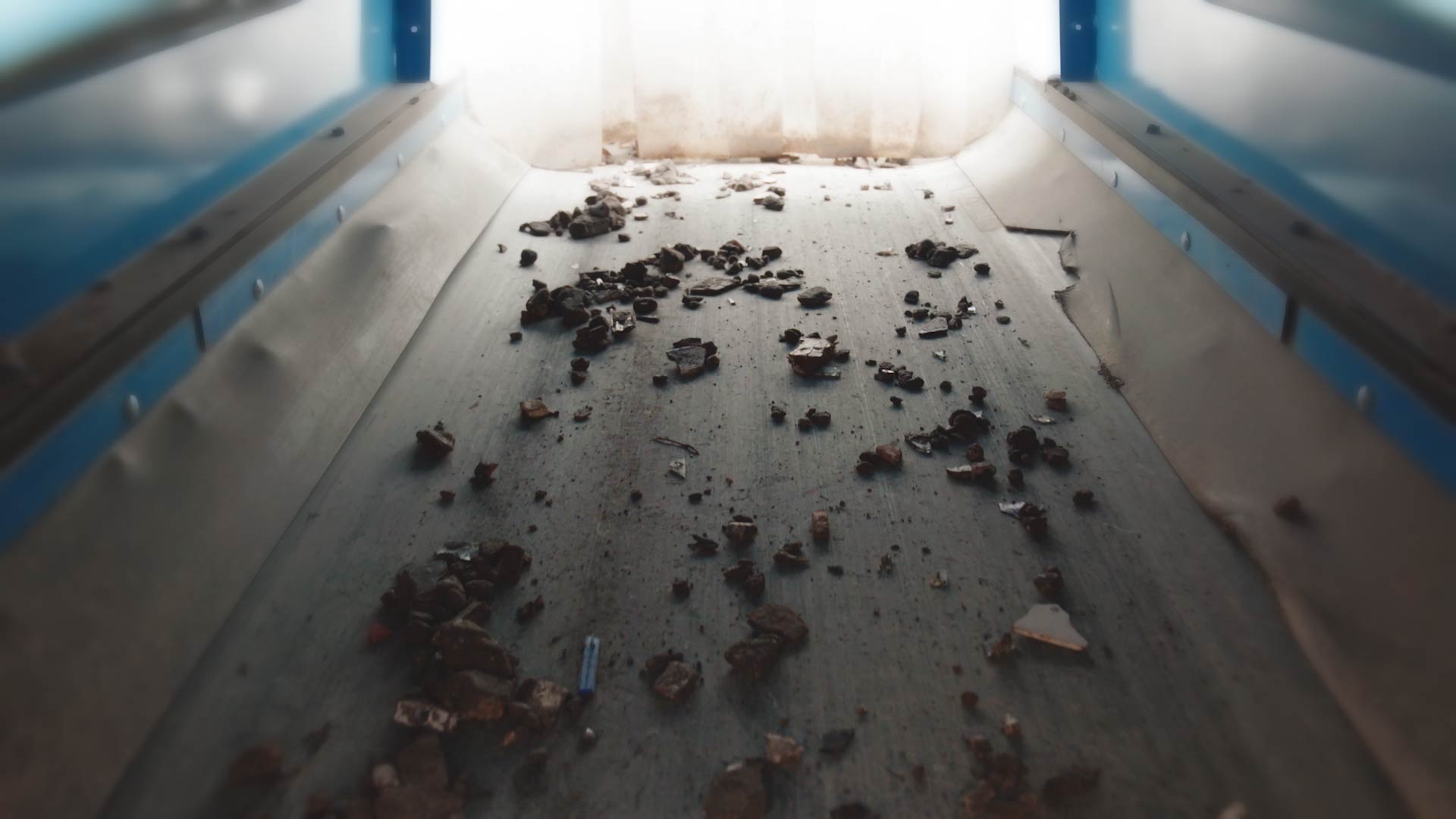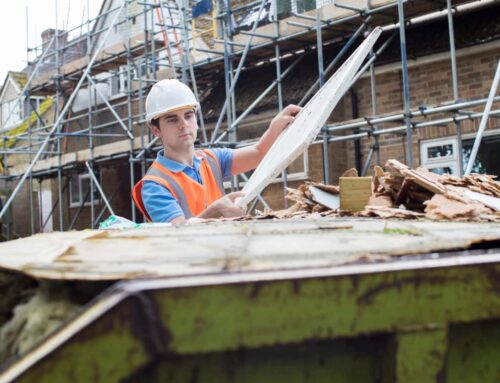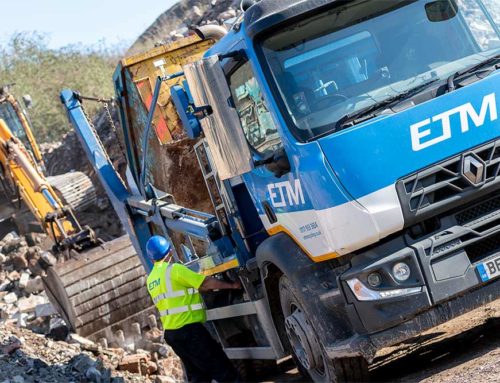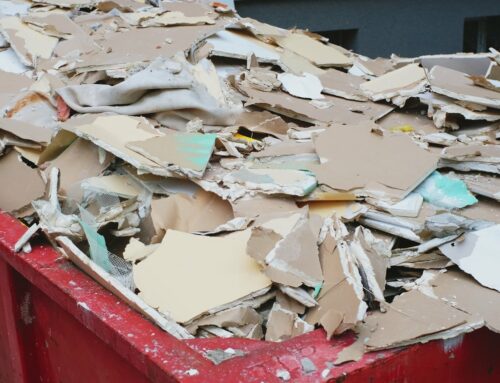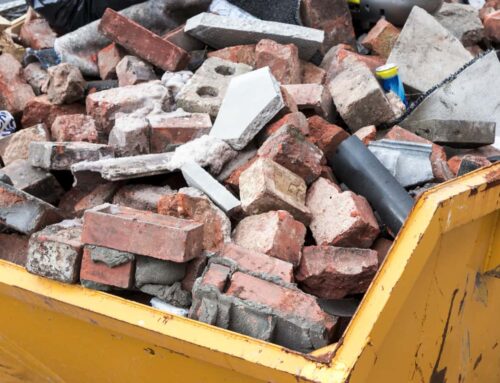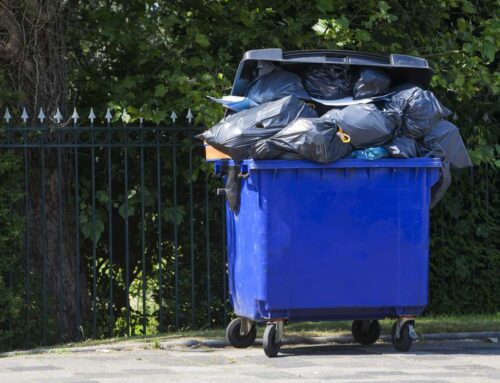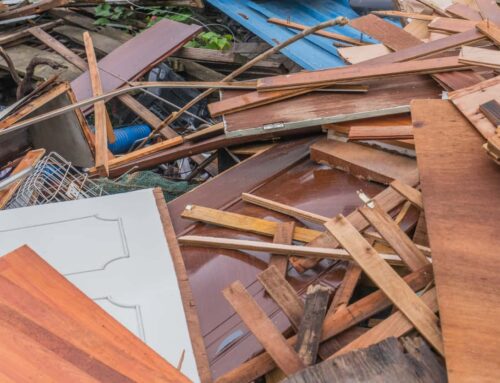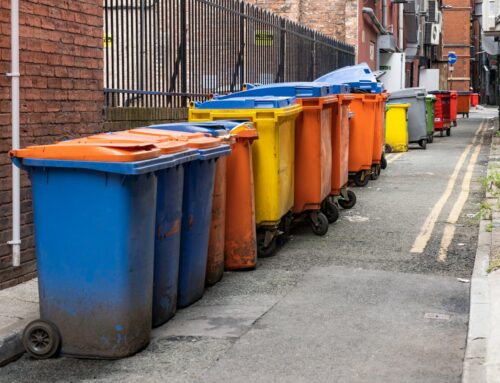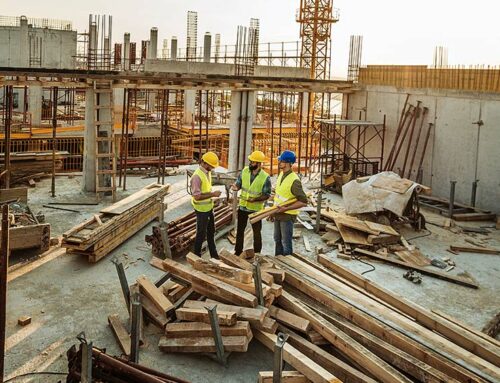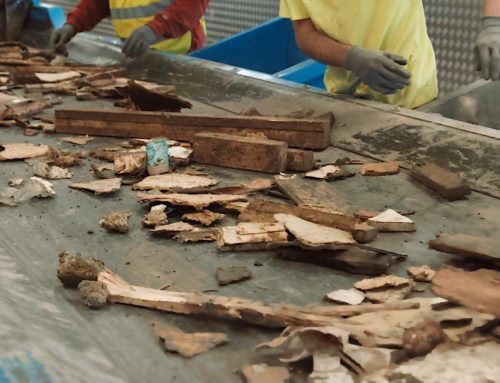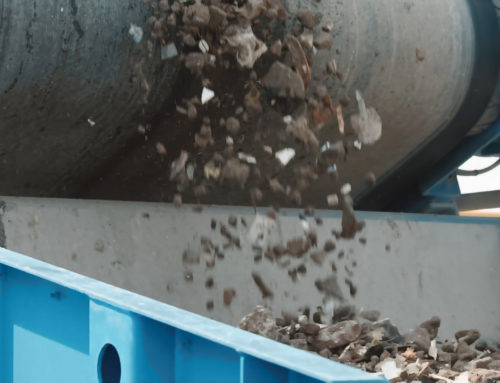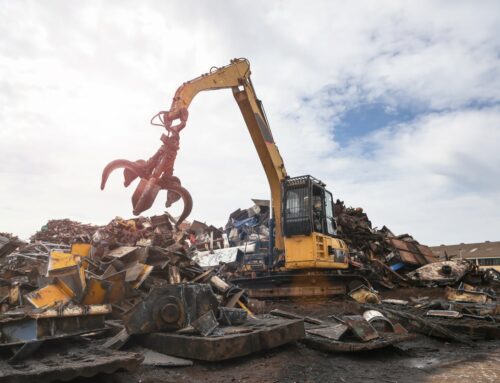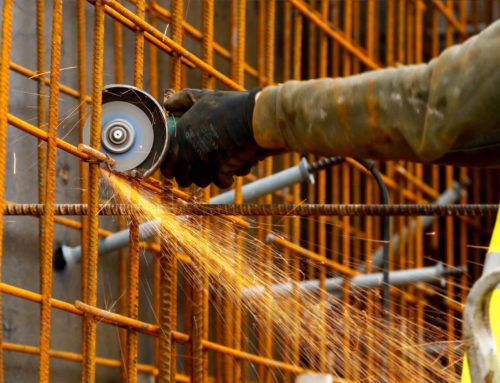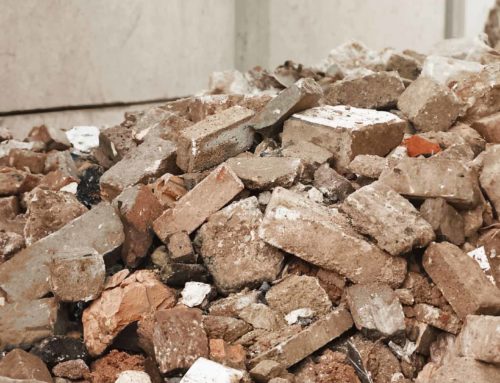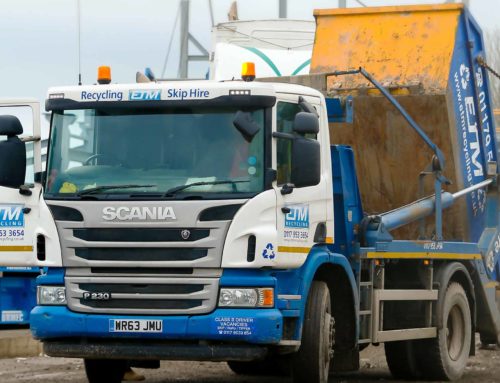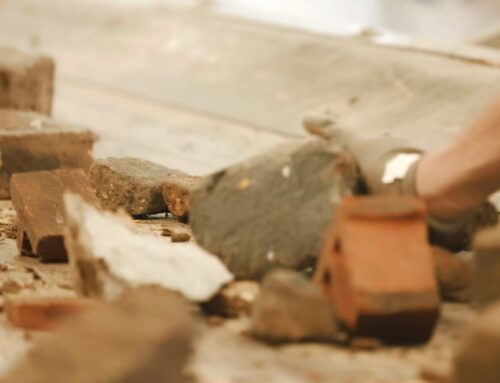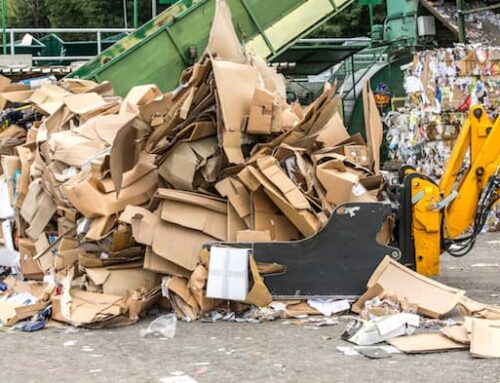Plenty of building firms are looking for ways to be more eco-friendly. That’s because construction has a significant impact on the environment through a combination of resource inefficiency, high carbon emissions, and poor waste management. Recycled building materials are an easy way for construction projects to be a bit greener. Not only will using them reduce your energy use, limit waste, and minimise emissions, but they are often cheaper too.
ETM Recycling are a waste management provider based in Bristol. We’re passionate about helping businesses reduce their waste production and limit their reliance on landfill. As well as this, we process, screen, and test a range of recycled building materials. With us, your business can close the loop!
In this blog, we explain the benefits of using recycled building materials in construction.
What Are Recycled Building Materials?
A recycled building material is any product or material that has previously been used in another construction. All sorts of materials can be re-used and repurposed, including brick, steel, timber, and even whole elements like windows and tiles.
This term can also refer to building materials manufactured from ‘waste’. For example, recycled plastic bricks, or concrete made from waste steel dust. Recycled aggregates are made by reprocessing used materials through crushing, mixing, screening, and grading until they meet the required specifications. These materials might have come from a demolished building or be excess or waste from another project.
Another example is topsoil. During the groundworks phase of a building project, a layer of soil and earth will be excavated in order to lay the foundations. This can be processed to create a nutrient rich soil perfect for landscaping. Making the most of the by-products of construction is another great way to minimise its environmental impact. And when that by-product can be used to nourish plants and other wildlife, all the better!
Material reclamation is changing the game in the construction industry, providing a cost effective, eco-friendly alternative to harvesting virgin resources and manufacturing new products.
Examples of Recycled Building Materials
All sorts of materials used in construction can be recycled. Below, we outline some of the recycled building materials we offer at ETM.
Cement
We recycle cement into concrete by mixing it with aggregates and water, providing both volume and resistance. Our additives ensure durability, shortened hardening times, and overall uniformity. We supply concrete and screed perfect for a range of applications in whatever quantities your project requires.
Topsoil
Topsoil is the top layer of earth, rich in minerals and nutrients. We take soil from construction and demolition projects, then screen and process it to remove weeds and rocks and generate quality topsoil. Topsoil can be used for a variety of landscaping applications, and we supply our material to a range of major construction and contracting companies.
Topsoil – A Beginner’s Guide to Topsoil >
Recycled Aggregates & Crushed Stone
Aggregates can be easily reused in construction. From 6F2 to green type 1 recycled to pipe bedding, dust, and sand, we process and deliver a wide range of aggregate materials to our clients. Our state-of-the-art crusher machine ensures consistency and performance, meeting the required specifications.
Benefits of Using Recycled Building Materials
Reduces Waste
In 2018, the UK generated 202.8 million tonnes of waste – 59% of it coming from construction, demolition, and excavation (source). For such an innately wasteful industry, any measures that can be taken to increase resource efficiency are worth it.
Buildings, whether during construction or demolition, are material stores with plenty of potential for reuse, recovery, and salvage. Reclaiming these materials is a highly efficient way to operate. More than that, it will reduce your business’ reliance on unsustainable disposal methods like landfill – and avoid the associated taxes too!
An Overview of Construction Waste Management & Disposal >
Energy Efficient
Using recycled materials in your project either entirely or partly will greatly reduce its energy consumption. This is because the energy required to process reclaimed materials is far lower than that which is needed to harvest or manufacture new ones.
Reduces Emissions
If your project is using less energy, it will naturally be emitting fewer greenhouse gases. According to UKGBC, the built environment is responsible for around 40% of the UK’s total carbon footprint, and the construction industry is a significant part of that. In fact, it is estimated that 11% of global carbon emissions come from construction (source). Clearly, if we are to reach net zero by 2050, construction needs to start making some significant changes.
And, to further decrease your footprint, choosing a local provider of recycled building materials will mean a substantial reduction in transport emissions.
Cost Effective
We have already discussed how reduced landfill use necessarily means reduced landfill tax. But, did you know, recycled building materials actually tend to be cheaper to purchase too? There’s an idea that sustainable practices tend to come with a big price tag. Actually, choosing to go green in construction is better for your bottom line!
High Performing
Recycled aggregates and other materials can be just as durable as their non-recyclable counterparts. That means making an eco-friendly, cost effective choice doesn’t have to come with a sacrifice of quality or integrity. In fact, ETM Recycling follow strict quality protocols when processing our recycled materials and test rigorously to ensure we provide aggregates of the highest performance.
See more: An Overview of Recycled Concrete Aggregate >
High Quality Recycled Building Materials Bristol
At ETM Recycling, we supply a variety of recycled building materials and aggregates that are quality protocol tested and guaranteed to do the job. We can help your business or construction project boost its environmental credentials and save money too.
To find out more, get in touch with our friendly team.
Read next: Metal Recycling – What Metals Can Be Recycled?
Read next: Waste Management – Everything You Need to Know About Waste Management >
